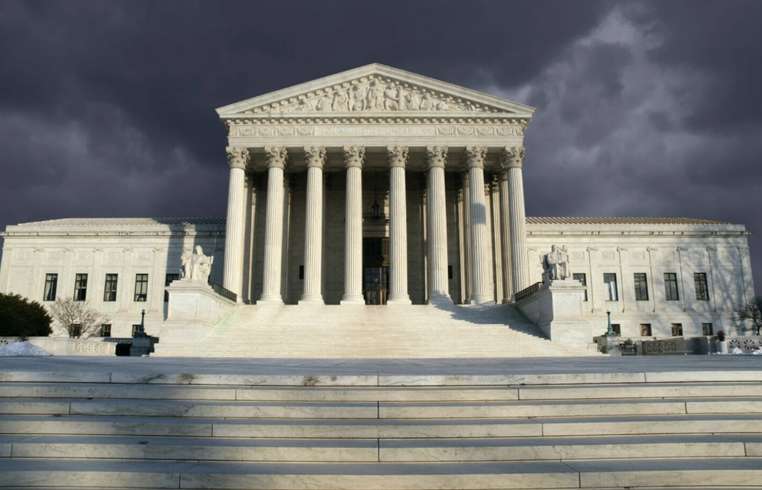
SCOTUS Overturns Chevron: Implications for USCIS and Immigration Adjudications

In a landmark decision, the Supreme Court of the United States (SCOTUS) has overturned the Chevron deference, a legal doctrine that has shaped administrative law for nearly four decades. This ruling, which alters the landscape of how federal agencies interpret statutes, has significant implications for the U.S. Citizenship and Immigration Services (USCIS) and the broader immigration adjudication process.
Understanding Chevron Deference
Established by the 1984 case Chevron U.S.A., Inc. v. Natural Resources Defense Council, Inc., the Chevron deference granted federal agencies the authority to interpret ambiguous statutes within their jurisdiction. Courts would defer to these interpretations as long as they were reasonable. This doctrine provided agencies like USCIS with considerable flexibility in implementing immigration laws.
The Overturning Decision
The Supreme Court’s recent ruling in [Case Name] marks the end of this deference. The justices argued that it is the judiciary’s role to interpret the law, not federal agencies. This decision requires courts to independently interpret statutory ambiguities, potentially leading to more judicial oversight and consistency in how immigration laws are applied.
Implications for USCIS
Without Chevron deference, USCIS may face increased challenges in interpreting and implementing immigration policies. Key implications include:
1. Increased Judicial Oversight: Courts will have a more active role in reviewing USCIS decisions, which could result in more uniform interpretations of immigration statutes.
2. Legal Uncertainty: With the loss of deference, USCIS policies may be more frequently challenged in court, leading to potential delays and uncertainty in the adjudication process.
3. Policy Revisions: USCIS may need to revise existing policies and procedures to align more closely with judicial interpretations of immigration laws.
Impact on Immigrants
For immigrants, this ruling could lead to both positive and negative outcomes:
1. Consistency in Adjudications: Greater judicial oversight might ensure more consistent application of immigration laws, reducing arbitrary or capricious decisions.
2. Potential Delays: Increased litigation and judicial review could slow down the adjudication process, affecting the timeliness of immigration decisions.
Voices from the Field
Legal experts and immigration advocates have expressed varied reactions to the ruling. Some see it as a victory for judicial authority and a check on administrative power, while others worry about the potential for increased delays and uncertainty.
Looking Forward
As USCIS navigates this new legal landscape, the agency will need to adapt to ensure that its policies are legally sound and effectively serve the needs of immigrants. The overturning of Chevron deference represents a significant shift in administrative law, with far-reaching implications for the immigration system and beyond.
